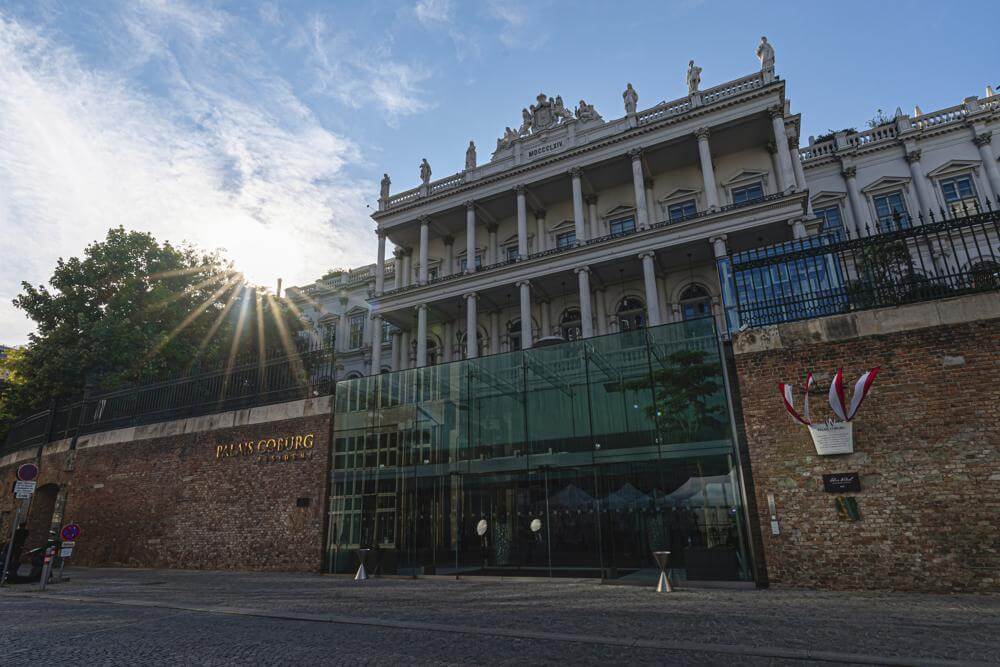Iranian officials said they are examining the European Union’s (EU) “final text” to revive the 2015 nuclear deal, officially known as the Joint Comprehensive Plan of Action (JCPOA). According to reports, the text is the EU’s final offer for Iran and signals the end of over a year of talks between Iran and world powers in Vienna.
An Iranian official told IRNA that the EU’s chief negotiator, Enrique Mora, presented the final text at the end of Monday’s talks in Vienna. He said while Brussels underscored the text is final, Tehran will not agree to a final agreement until its concerns have been addressed.
Another Iranian official told the news agency that “we conveyed our initial response and considerations as soon as we received the ideas, but the ideas naturally require comprehensive studies.” He said Iran is considering all points addressed in the text and will convey a decision soon.
EU officials have said the text is a “take it or leave it,” offer as it addresses the concerns of all sides. AFP reported that the Vienna talks have concluded and according to an official “it will not be renegotiated.”
Senior EU official stressing that parties will leave Vienna in the next few hours. The negotiation is over. The EU has negotiated the best possible deal. It is up to the parties to take the deal. https://t.co/lqh7X5ntwV
— Stephanie Liechtenstein (@StLiechtenstein) August 8, 2022
“Now the ball is in the court of the capitals and we will see what happens,” the official said, adding, “No one is staying in Vienna.”
EU foreign policy chief Josep Borrell tweeted that the text was based on a proposal he put forward last month. “What can be negotiated has been negotiated, and it’s now in a final text,” he emphasised. Noting that now the parties have to make a decision, Borrell said, “if these answers are positive, then we can sign this deal.”
In July, Borrell proposed a new draft that addressed in “precise detail” the concerns of both sides. He claimed that his proposal was the only alternative for both sides to reach a deal and there was “no other comprehensive or effective alternative within reach.”
What can be negotiated has been negotiated, and it’s now in a final text.
— Josep Borrell Fontelles (@JosepBorrellF) August 8, 2022
However, behind every technical issue and every paragraph lies a political decision that needs to be taken in the capitals.
If these answers are positive, then we can sign this deal.
The Vienna talks, which began in April last year, have not been able to produce a deal despite several rounds of negotiations. Furthermore, differences between the United States and Iran are yet to be resolved and both sides accuse each other of taking steps to stymie talks.
While Iran has called on the US to remove all sanctions, the US has blamed Iran for taking steps to accelerate its nuclear programme. The US and the European Union (EU) have accused Iran of violating its commitments in the JCPOA and taking escalatory measures that have resulted in a “nuclear crisis.”
The International Atomic Energy Agency (IAEA) has also reported that Iran has been enriching uranium to 60% fissile purity, closer to the weapons-grade level of 90%. The 2015 deal stated that Iran could only enrich uranium up to 3.67% for the next 15 years. Furthermore, Tehran has been restricting IAEA officials from accessing its nuclear facilities, which is another violation of the JCPOA.
In June, Tehran suspended all contact with negotiators and the IAEA after the agency passed a resolution censuring Tehran for not cooperating with the organisation and hiding its nuclear activities.
In response to the resolution, Iran shut down 27 IAEA surveillance cameras across nuclear sites. It also announced that it will install hundreds of IR-6 advanced centrifuges at the Natanz and Fodow facilities to enhance its ability to rapidly enrich uranium. An IR-6 centrifuge spins uranium ten times faster than other centrifuges. The move could allow Iran to quickly add to its stockpile of enriched uranium, which the IAEA says is sufficient to produce a nuclear weapon.

